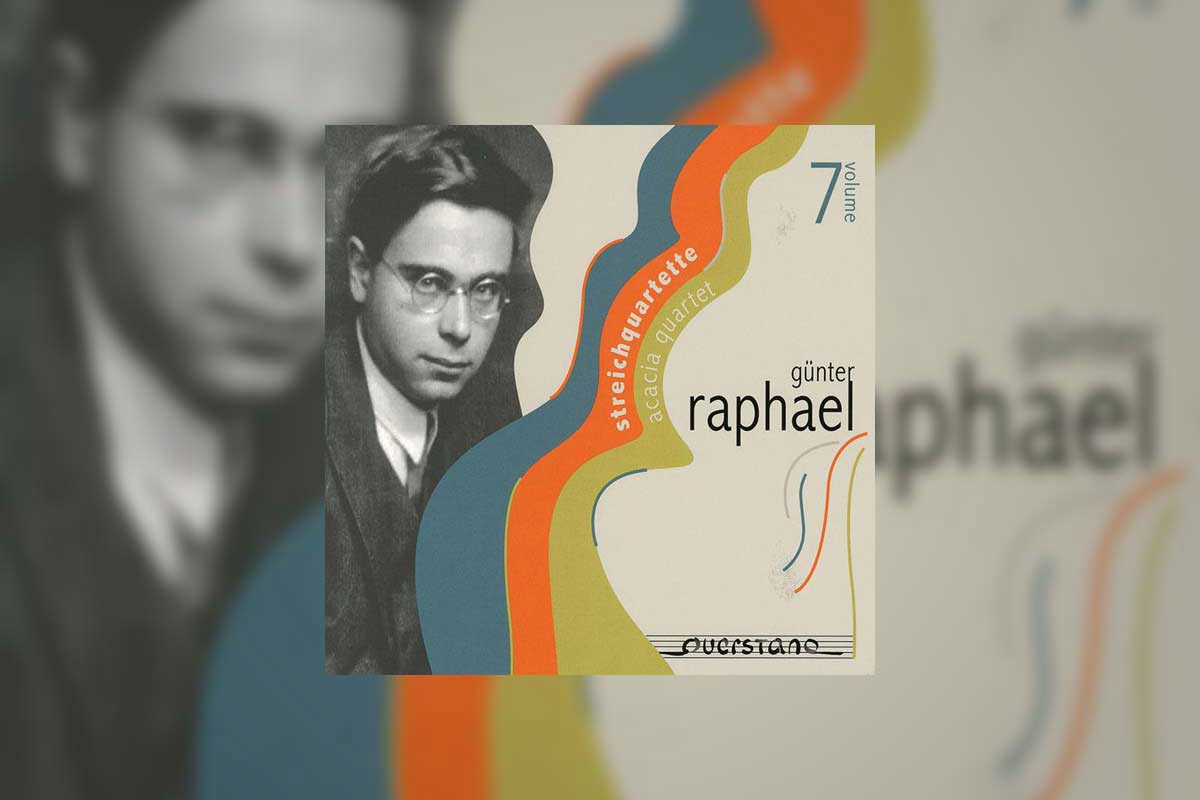Günter Raphael (1903-1960) was one of many German composers who fell foul of the Nazi regime because of his Jewish ancestry. Although he did not emigrate and was not imprisoned, his early fame dissipated as a result of his music being banned. He was also hampered by recurring bouts of tuberculosis. Following the Second World War Raphael worked as a teacher but kept composing despite the setbacks. Querstad, a small German classical label, is recording his complete chamber works: This, the seventh volume, contains three of the four string quartets he allowed to be published. Australia’s Acacia Quartet became interested in Raphael’s music through a personal connection, and in 2017 presented two of these quartets in Berlin. At the same time, they recorded this programme.

The First Quartet (1924) is in two lengthy movements, made up of contrasting musical episodes. It opens with spirit and energy, but eventually switches to a late-romantic lyricism in a section marked molto tranquillo. The even more episodic second movement ends with a sharply delineated fugue. Reger is an obvious influence, but Raphael has a strong rhythmic sense and greater textural clarity. By contrast, the three-movement Quartet...










Comments
Log in to join the conversation.